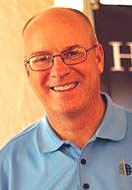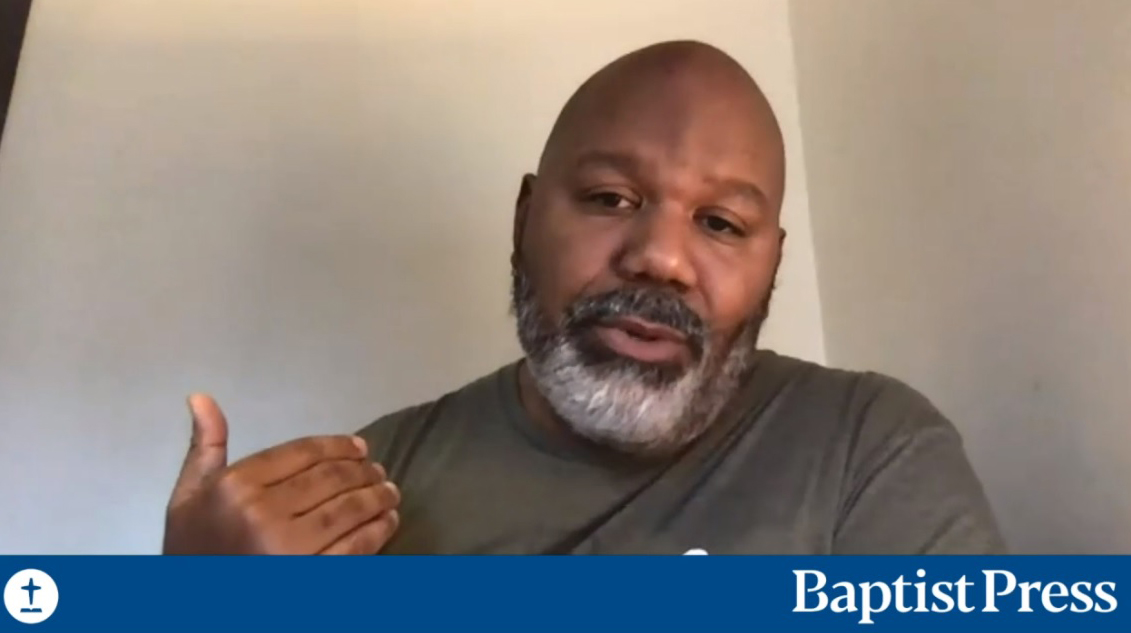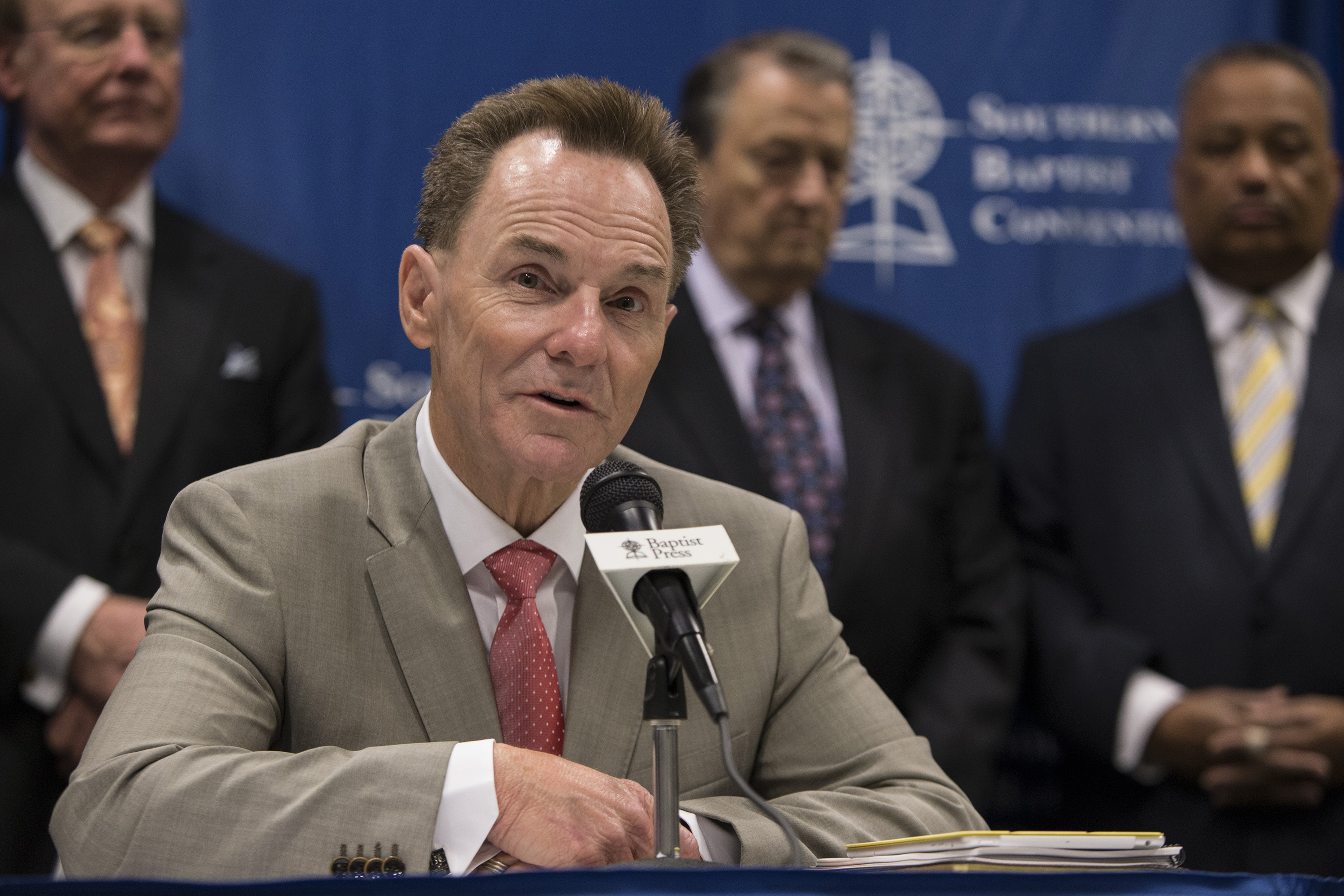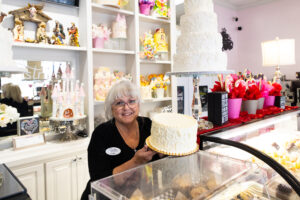
NASHVILLE (BP) — As churches prepare to transition worship services back to in-person gatherings, leaders are beginning to think about how to guide and care for those in their congregation who are most vulnerable in the COVID-19 pandemic.
 Senior adults age 65 and older are at high risk for severe illness from the virus, according to the Centers for Disease Control and Prevention.
Senior adults age 65 and older are at high risk for severe illness from the virus, according to the Centers for Disease Control and Prevention.
They also are a large portion of the membership and volunteer base of Southern Baptist churches and crucial to many churches’ outreach and financial stability.
Aaron Meraz works closely with older Southern Baptists as director of GuideStone Financial Resources’ Mission:Dignity program, which provides financial support to retired Southern Baptist ministers and their widows.
“Almost one-third of SBC church attendees are senior adults above the age of 65,” Meraz said. “So many of the teachers and other volunteers are senior adults as well.”
Guidance issued Monday (April 27) by the office of the Texas attorney general notes that according to an executive order issued by Texas Gov. Greg Abbott, “houses of worship provide ‘essential services.'” But even as it provides guidelines for resuming in-person gatherings in the state, it suggests churches should “strongly encourage” the at-risk population — defined as people 65 or older, especially if they have underlying health conditions — “to watch or participate in the service remotely,” and that churches should “designate an area inside the facility reserved for the at-risk population, or offer a service for at-risk population attendees only.”
Leading with love and not just logistics should be the goal of pastors, said Gregg Matte, senior pastor of First Baptist Church of Houston.
Matte’s team has a three-fold decision-making process, taking into consideration the leadership of the Lord, the counsel of officials and the comfort level of the people.
“You’ve got to put all of those things together to make a wise decision,” Matte said, adding that comfort levels for returning to a physical worship gathering will vary based on each individual’s personality and preference.
Mark Dooley, state director of evangelism for the Baptist Convention of Maryland/Delaware, said senior adults should be given room to make the decision they are most comfortable with.
“Each situation is going to be unique,” Dooley said. “It is important for seniors to know that their pastor and their leadership trusts them to make what they feel is the best decision for them. There should be no pressure put on them either to return or to stay home.”
While many individuals may be eager to begin serving again immediately in areas such as kids ministry and child care, Dooley said leaders should show their love for members by focusing on the safest way for each to engage in ministry.
“Church leadership is going to have to clearly articulate that we are not living in normal times, and adjustments are being made weekly,” Dooley said. “Communication will be critical. Church leaders just need to have open, honest conversations with people and then plan accordingly.”
Meraz agrees that communication is the key.
“Many senior adults feel isolated, so they simply need to know the church loves them and will consider their needs,” Meraz said.
Involving them in the conversation looks different than simply sending out an email with the listed changes, Matte said, adding that senior adults need to know they are cared for and considered even if they aren’t in the room for a while.




















